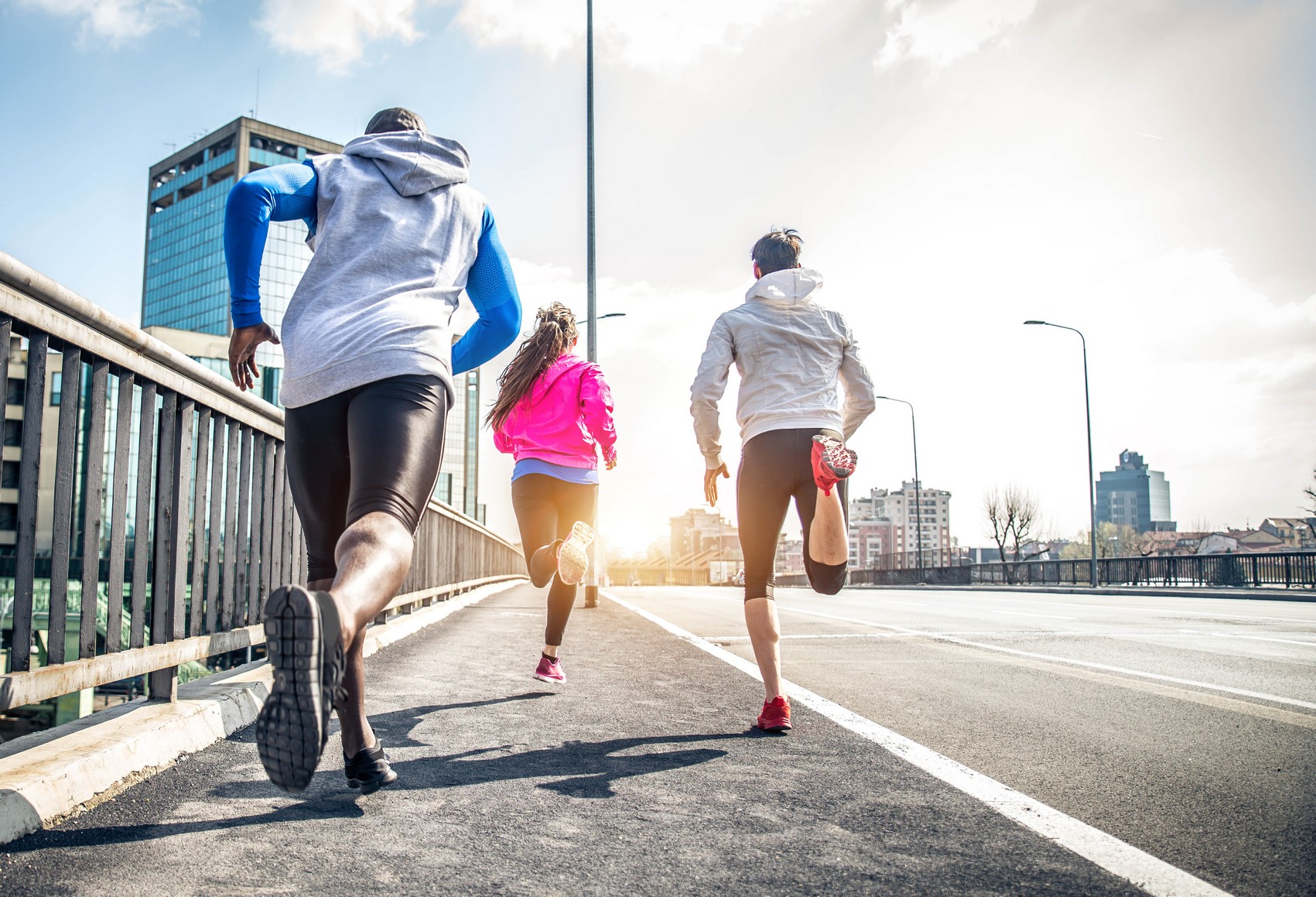Sports Drink or Energy Drink ?

It’s very easy to find both “sports drinks” and “energy drinks” in the market which easily make one think they must have some benefits to sports performance due to their fancy names. Although there is no official definition for these beverages, they actually have significant difference in their ingredients and usage.
Sports drinks contains adequate amount of sugar and electrolytes (e.g. sodium, potassium and magnesium) which is more suitable for replenishing energy, water and electrolytes during exercise. Comparing to other sweetened drinks, sports drinks have 30% less sugar content. Usually sports drinks contain about 6-8% sugar per 100 ml. And most sports drinks do not contain unnecessary ingredients such as caffeine.
Generally, if the duration of exercise is less than 60 minutes, drinking water is sufficient enough to hydrate the body. However, if duration of exercise is more than 60 minutes, at a higher intensity level or there is excessive sweating, consuming sports drinks that contain 6-8% of sugar and electrolyte can replenish the body with energy, sugar and electrolyte more effectively. Studies also showed that if the sports drink is colorful, flavorful and cold, it can help encourage athletes to hydrate more during exercising. As most sports drinks contain ins substantial amount of sugar, it’s not recommended to consume daily; otherwise sugar can be easily over consumed which can increase risk of overweight/obesity and also dental caries.

Conversely, sugar content of energy drinks is higher than sports drinks and even higher than soft drinks. One 500 ml can of Monsters already contain about 53g sugar which is equivalent to 11 teaspoons of sugar which is equivalent to the sugar content of 1.5 can of cola. In addition, many energy drinks also contain higher level of caffeine or other unnecessary ingredients such as guarana, taurine and high dosage of vitamin Bs including vitamin B3, B6 and B12. These products often claim that it can help increase concentration, reduce fatigue, boost metabolism to help body burns more energy or fat to help weight loss. However, until now, there is no strong scientific evidence to support energy drinks could result in the above claimed benefits.
According to the Consumer Council, energy drinks are not suitable for quenching thirst or for hydration during sports. If consume energy drink outside sports events, one should consume energy drinks in moderation with careful attention. In general, a healthy adult should not experience any negative side effects due to its caffeine content, but it also depends on individual’s tolerance to caffeine. If you choose to use caffeine as an ergogenic agent to enhance sports performance, you need to trial out which caffeine containing beverage is most suitable for yourself during training. If you are not a coffee drinker, you do not have to purposely introduce caffeine into your diet as sudden introduction of caffeine to the body might lead to some side effects such as gastric discomfort, raised heart rate, shakiness, hyperactivity or even anxiety which might influence sports performance.
When consuming energy drink, one should not mix it with alcohol and/or medications which effect the central nervous system. Pregnant or lactating women, children and teenager, people who is sensitive to caffeine and people who suffer from cardiovascular diseases, psychological disorder, neurological disorder (e.g. epilepsy), renal impairment and severe liver diseases shall not consume energy drinks.

Latest comments
Sorry, the comment form is closed at this time.